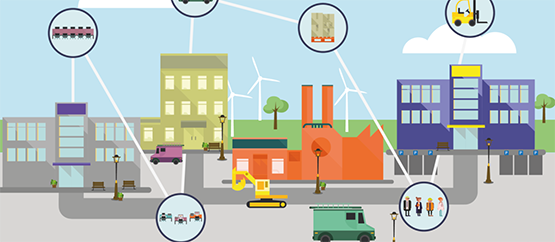What is a Platform?
A platform can refer to an interface that connects users, resources, and tools through fewer individual touchpoints.
Airbnb is a platform that connects renters, property-owners, and vast numbers of listings all in one location. It uses one set of tools to handle everything from research to payment.
The purpose of a platform is:
- to integrate and standardize data.
- to place that data where it can scale upward easily, so that it is easy and useful for a large number of users who are completing a wide range of workflows.
How is a Platform Valuable?
The proliferation of platforms is a response to the huge amount of data companies now deal with. When this data is locked away in various silos it becomes inaccessible, out-of-date, and irrelevant.
When consolidated onto one platform, it is constantly being updated, analyzed, and accessed by all. That turns data into a dynamic asset poised to serve strategic objectives.
Although Platforms are supposed to streamline operations, cut costs, relieve stress, and minimize errors, their real value is in their ability to accelerate growth.
Platforms facilitate communication and collaboration that leads directly to innovation and acceleration. By synchronizing the efforts of all, they maximize the efforts of each.

Why is a Software Suite Inadequate?
There is a distinct difference between a platform and a software suite even though they promise similar things.
A platform is a functional solution, able to scale and integrate with ease. It can be made up of any number of best-in-class technologies that integrate with one another.
A software suite is often a patchwork of products acquired or developed and integrated by one vendor. They often offer functionality that is a mile wide and an inch deep.
Enterprises have requirements unique to their specific industry. The operational software an HVAC repair company needs to schedule jobs and run their business is very different from the CRM system a software company uses to manage their customer base and sales orders.
Businesses should choose the best tool for each job, connect them in the cloud, and create a platform that shares data across all their systems.
Buying a suite simply provides one point of contact, but forces companies from very different industries to use the same tools, even if they are NOT the best fit.


